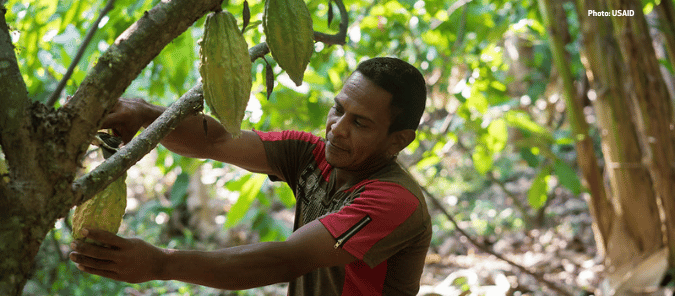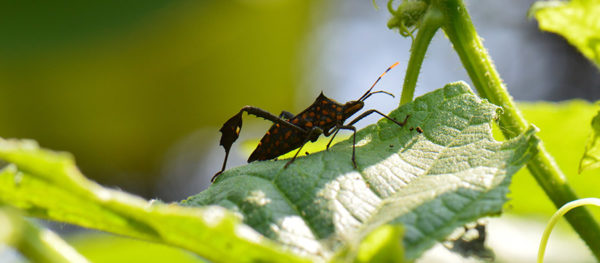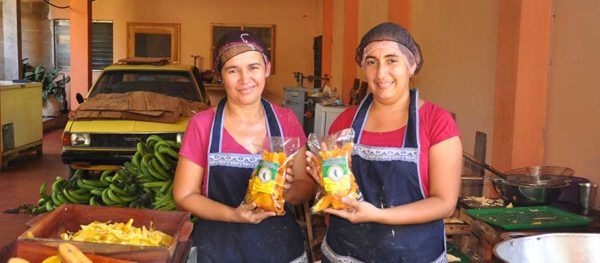Tag: Honduras

Progress through Partnership in Honduras
Latin America & the Caribbean: CropLife Latin America formed a partnership with the United States Agency for International Development (USAID) to train farmers in good agricultural practices to help lift rural Hondurans out of extreme poverty.
Read MoreAgroecology in Action: Keeping Pests at Bay in the Safest Way
Latin America & the Caribbean: Fintrac President tells Farming First how her team works with farmers to create maximum pest resistance with minimal environmental impact using Intergrated Pest Management.
Read MoreDriving Growth & Prosperity in Honduras Through Multi-Functional Farming
Latin America & the Caribbean: Executive Vice President of LAC at Fintrac highlights the multiple development outcomes that can be achieved through interventions in agriculture.
Read MorePartnering to End Poverty in Honduras
Latin America & the Caribbean: CropLife Latin America President writes about a breakthrough project in Honduras, that has seen farmer incomes double.
Read MoreTurning Palm Oil to Profits
Latin America & the Caribbean: The fruit of the oil palm, a tropical palm tree, is a key agricultural product in Honduras. However, many small-scale producers of the crop lack the equipment and organizational capacity necessary for their business to thrive. In 2007, TechnoServe began working with APROVA, a cooperative of 154 farming families who were earning little for the […]
Read More



